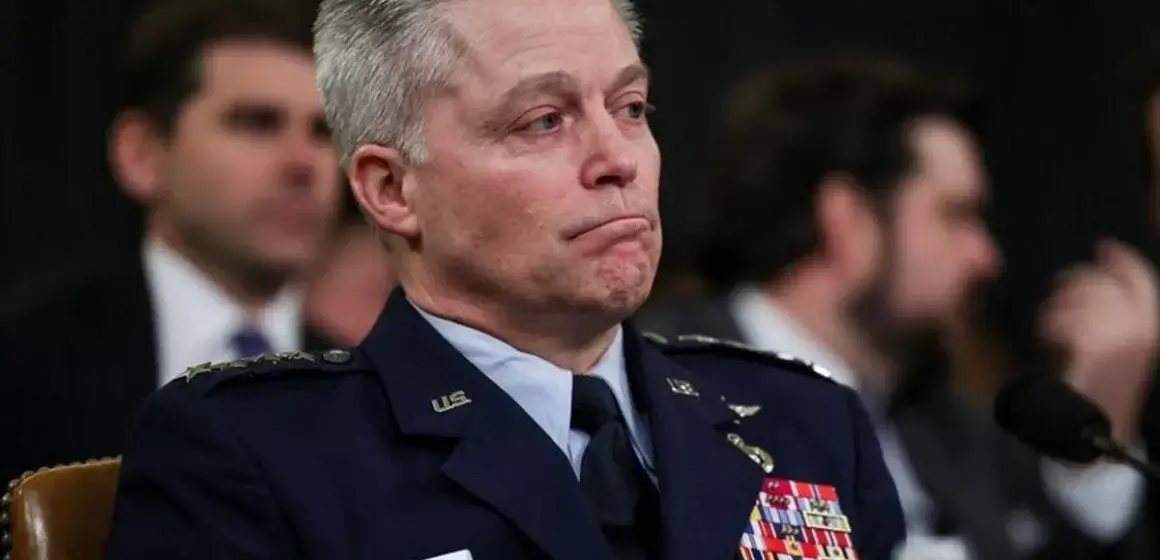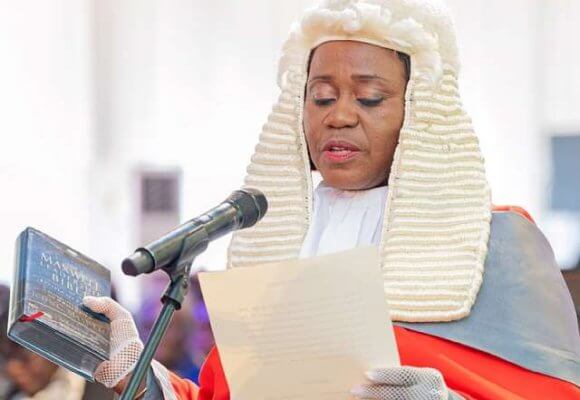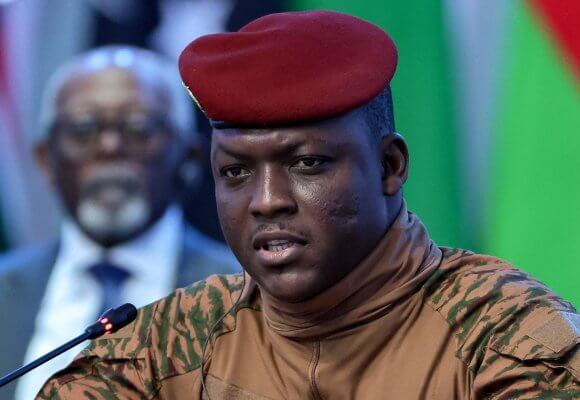|
LISTEN TO THIS THE AFRICANA VOICE ARTICLE NOW
Getting your Trinity Audio player ready...
|
The Trump administration Thursday, April 3, 2025, dismissed General Timothy Haugh, the head of the U.S. National Security Agency (NSA) and U.S. Cyber Command, in a move that has raised concerns about political interference in national security.
His deputy, Wendy Noble, was also removed. While the administration has not provided an official reason for the firings, they came just a day after President Donald Trump met with far-right activist Laura Loomer, who has publicly advocated for the removal of officials she deems unsupportive of Trump’s agenda.
The dismissals have sparked alarm not just in the United States but among U.S. allies who rely on the NSA for intelligence-sharing and cybersecurity cooperation. Given the NSA’s crucial role in global surveillance, counterterrorism, and cyber defense, the abrupt leadership change is being closely watched by both adversaries and allies.
The NSA is a key pillar of the U.S. intelligence community, working closely with foreign partners through frameworks such as the Five Eyes alliance, which includes the U.K., Canada, Australia, and New Zealand. The agency is responsible for tracking cyber threats from state actors such as Russia, China, and Iran, as well as coordinating responses to global cyber incidents.
The sudden removal of its top leadership raises concerns about potential disruptions in intelligence continuity. Security analysts warn that the move could weaken coordination on pressing security issues, including cyber threats, international espionage, and military intelligence operations.
The timing of the firings has also drawn scrutiny. Just weeks ago, the National Security Council (NSC) was embroiled in controversy after officials mistakenly added a journalist to a Signal messaging thread discussing military operations in Yemen. While Gen. Haugh was not directly involved, he testified before Congress about the breach. Some sources suggest that this security lapse may have contributed to the firings, though no official connection has been made.
The removals at the NSA and NSC appear to be part of a broader effort by Trump to reshape national security leadership. Since returning to the White House, he has dismissed several officials in key government positions, often citing concerns about loyalty.
Speaking aboard Air Force One on Thursday, Trump reinforced this approach, stating:
“We’re always going to get rid of people we don’t like, or people that take advantage of, or people that may have loyalties to someone else.”
His meeting with Laura Loomer, a vocal Trump supporter known for her hardline views, has only fueled speculation that these firings were politically motivated. Loomer later posted on X (formerly Twitter) that Gen. Haugh and Noble were removed because “they have been disloyal to President Trump.”
The firings have sparked criticism from lawmakers, particularly Democrats on the House and Senate intelligence committees. Representative Jim Himes, the ranking Democrat on the House Intelligence Committee, described the move as “deeply disturbing.”
“General Haugh was a leader who followed the law and put national security first,” Himes said. “I fear that those qualities are precisely why he was removed.”
Senator Mark Warner, vice chair of the Senate Intelligence Committee, echoed these concerns, warning that the intelligence community should not be subject to political purges.
Meanwhile, Defense Secretary Pete Hegseth, who was involved in the NSC’s Signal chat controversy, is now facing an internal review over his use of encrypted messaging for official discussions. The Pentagon’s acting inspector general is examining whether he complied with department policies.











LEAVE A COMMENT
You must be logged in to post a comment.